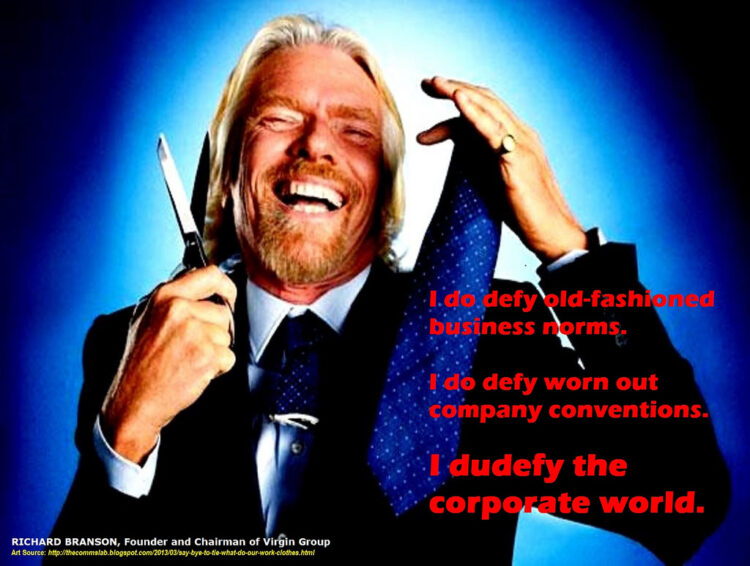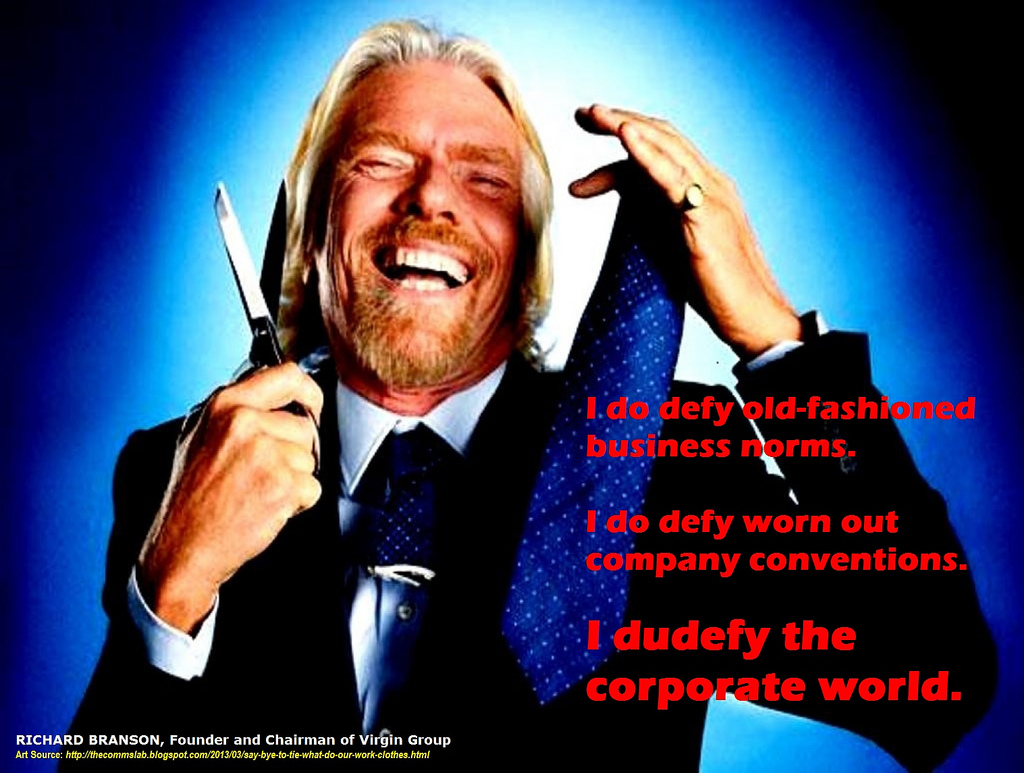“On a scale of 1-10 how happy are you?”
“In life?… or on the job?”
“On the job of course.”
My boss looked at me expectantly. I recalled the past year chained to my desk, lethargic and uninspired, surrounded by three hulking monitors, pointlessly nitpicking data points in desperate attempt to seem busy. Automatically I defaulted towards the politically correct number 7 – better than average, not phenomenal, but acceptable. But was I a 7? No, definitely less.
“6” I blurted out. My boss said nothing, an unbearable silence. I attempted to backtrack,“I mean…” I started, “I go up and down… on some days I’m a 7,” I added unconvincingly.
He sighed, “That’s not good, Lisa.” My facade was up, but honestly, I was relieved that he recognized my unhappiness. He continued, “Do you realize how many people would kill to be in your shoes? This is a golden opportunity, do you really want to let it go?” He had a point. I was less than two years out of college and working at a well-respected hedge fund in New York City. It was a shiny, coveted life by any standard… but I wasn’t happy.
Many people accept being unhappy in their jobs because they’re afraid of risk, of the struggle it takes to figure out how to do what they really love. I encounter this fear almost every day, especially among my high-achieving peers. We are funneled into jobs as consultants, investment bankers, analysts, and we stay for the required two years or more, even when we realize within the first few weeks that our glittering ivy league degrees have left us woefully unprepared for the cold hard reality of cubicle life and a stale marriage to Excel. We dreamed of leading campaigns, of inspiring our community, of impacting policy, of building an empire, of making our mark; instead, we stare at our monitors, editing powerpoints, moving around decimal points, wondering how our mundane work will ever make even an ounce of real impact.
Why do we stay? We stay because the job is reputable, because we understand others covet these positions, because it’s expected by society, by our families, by our pride. We stay because we have no idea what else to pursue, because we’re afraid to fail, because as the days wear on, we become increasingly removed from the dreams we once had of reshaping education systems, or combatting poverty, or reversing environmental decline. While we once believed we could change the world, we now resign ourselves to satisfying meaningless metrics, and quietly quelling our anxieties by falling back on a large yet tenuous net of apathy and external expectations. We stay, well, because it’s better to be safe than sorry… right?
We’ve heard it a million times: people generally regret the risks they never took significantly more than the mistakes they made. So why haven’t we internalized that yet? Why are we still so afraid to pursue what we want most?
Some people rationalize, ‘It’s just a couple of years of my life, maybe I’ll figure it out later, but for now, I don’t know what else I would do anyway’. Often times, that alone is enough to halt any further thought or action; however, ask yourself this: ‘If not now, when? If not me, who?’
So when my boss asked me if I was certain I wanted to leave, he was also implying all of the above – ‘You are leaving a coveted, reputable job, you don’t know what else you’re going to
do, you’ve got it made already, and if you take this risk, you may look back and be sorry’. This gave me pause of course, but it wasn’t enough to trap me. Ultimately, the more important questions I asked myself were:
- Am I passionate about finance?
- Am I excited to go to work every day?
- Will staying here another year get me closer to my dream life?
- If I had a year to live, would I still be working here?
- When I look back on my life, what will I regret more, staying or leaving?
Once I answered these questions, it became extremely evident that the biggest mistake I could make would be to stay and do nothing. I asked myself, what makes me unhappy? What excites me? What would I do if money were no matter? What would I do if I stopped caring about how other people perceived me? What would I do if I didn’t let my job title define me?
While you won’t figure it all out immediately, what you can do is more clearly define what you value most in a job. For me, those qualities were creativity, transparency, innovation, and ownership. I knew I couldn’t have that in a structured corporate job. I realized that much of my downtime at work was already spent reading about innovative solutions and mobile technology, and I was amazed at the amount of creative energy bouncing around, amplified by peers my age. ‘If they can do it, why can’t I?’ I thought. I had the drive, the desire, and the penchant for risk. I started to go to tech meetups after work, but quickly found that wasn’t enough. Much of what I found were people similar to me, people stuck in one reality, cautiously dipping their toes into a pool of possibilities, but never fully jumping in. “What do you do?” I would ask. “I work in x, but what I really want is to do x” was the common response. Sometimes I would push back, “So what are you doing about it?” Shrugs, blank stares, indecision, helplessness. And that’s when I had my epiphany: All in or nothing. If I was going to actively turn my ideals into reality, I had to shed my precautions and dive headfirst into unfamiliar territory, without looking back.
Quitting a great job is terrifying, but if you want to find something you love, you can’t half-heartedly dabble a little here and a little there. Ultimately, what you must do is create your vision, and go after it with an unwavering drive, an eye towards risk, a stubborn indignance, a sense of urgency, and just enough faith that things will work out if you have the courage to try.
Just keep asking yourself, ‘If not now, when? If not me, who?’
Image credit: CC by LudRiK




